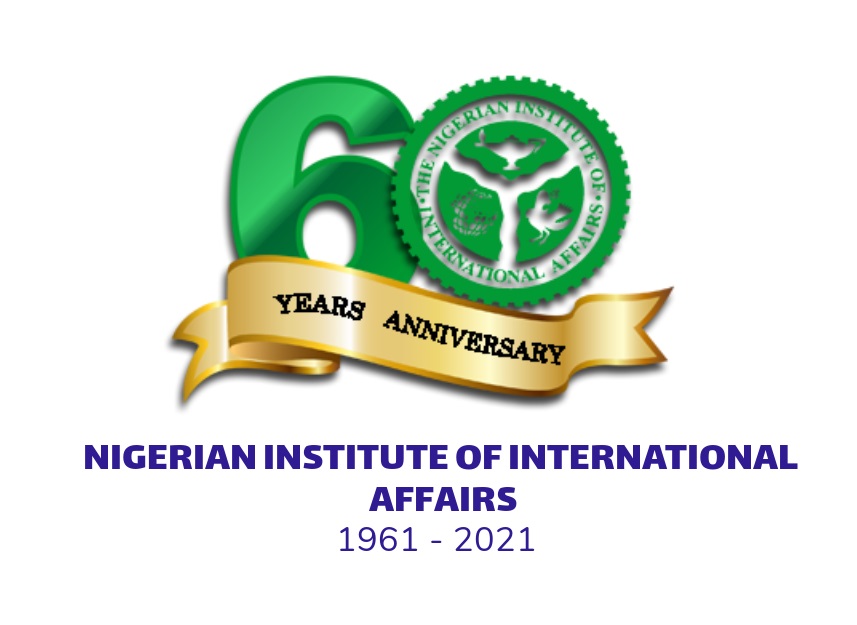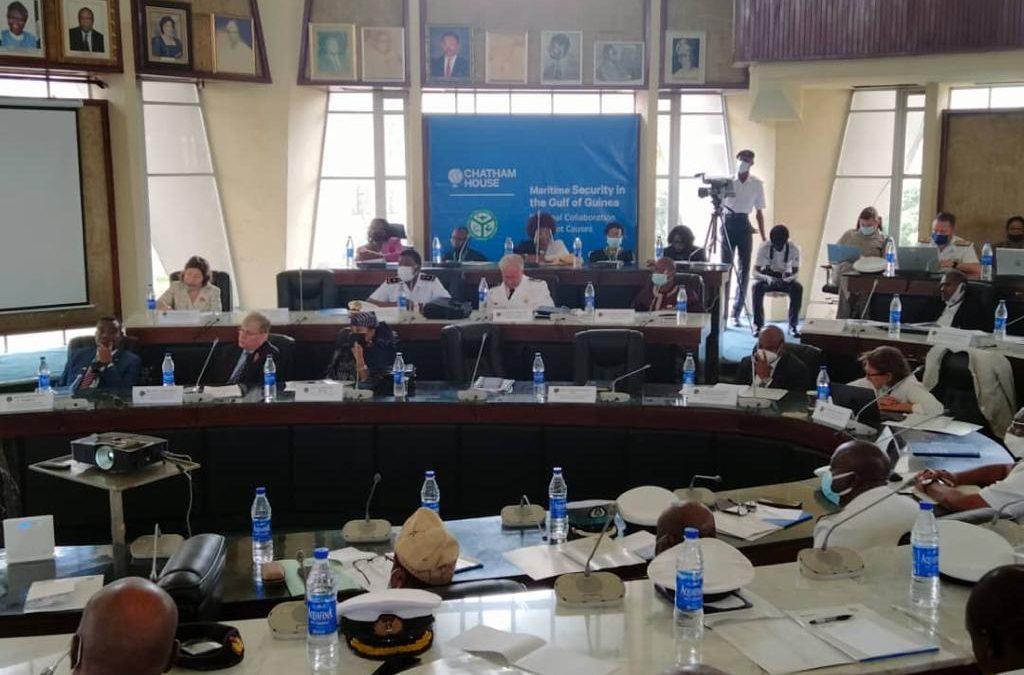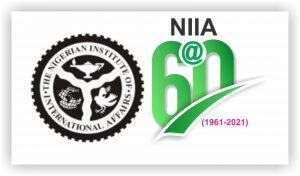The Gulf of Guinea region has become a focal point for International concerns of maritime security over the last decade, with official reporting databases suggesting that it represents a global hotspot for incidents of piracy and armed robbery at sea. Yet as reporting efforts and capacity have advanced alongside this surge in recorded incidents, the extent to which this data alone should inspire alarm relative to historic regional norms remains contested.
Equally, piracy and armed robbery at sea remain only two parts of a complex broader picture of interlocking challenges in the maritime domain, including trafficking; oil theft and related pollution; illegal, unreported and unregulated (IUU) fishing and the impact of climate change on the oceans and West African coastline.
A range of new initiatives focused on the region are seeking to address these issues, most notably Nigeria’s recently launched Deep Blue project and a new multilateral forum on Gulf of Guinea Maritime Collaboration (GOG-MCF/SHADE). As these new efforts move closer to full implementation, a critical window has opened to ensure that they are aligned with existing regional and international collaboration frameworks and work to address the full spectrum of challenges in the maritime arena, including the broader underlying causes of insecurity.
This conference analyzed the factors contributing to insecurity in the Gulf of Guinea’s maritime space, including the root causes sustaining piracy, armed robbery at sea and other forms of maritime crime; and explored pathways to both enhance and coordinate effective policy responses to these challenges. If you missed the conference, Kindly visit our facebook page @Nigerian Institute of Internantional Affairs to view the conference stream.




